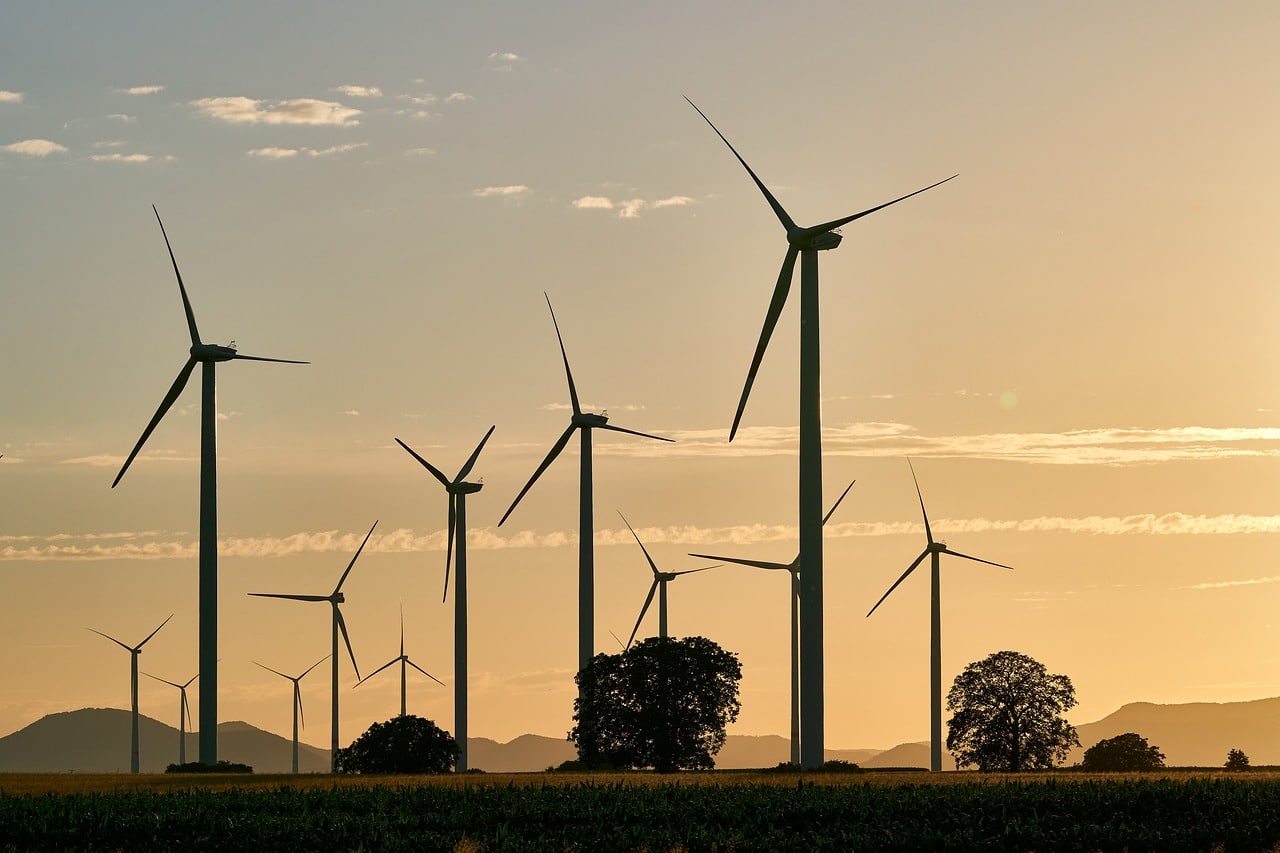In a world increasingly aware of the environmental implications of energy consumption, the shift towards sustainable sources has become inevitable. More than ever, renewable energy has become not just an environmental necessity, but also an economic opportunity, especially for rural communities. By harnessing the powers of the sun, wind, and other renewable resources, rural areas are not only reducing their carbon footprint but also reaping substantial economic benefits. Let’s delve deeper into this topic, and explore how the implementation of renewable energy can drive economic development in rural communities.
Driving Economic Development through Renewable Energy Projects
Renewable energy projects such as solar power plants or wind farms often require large tracts of land, making rural areas an ideal location for their establishment. These projects can bring a host of economic benefits to rural communities, starting with job creation.
Cela peut vous intéresser : How can AI-powered language translation foster cross-cultural understanding and cooperation?
The installation, maintenance, and operation of renewable energy systems require skilled and semi-skilled labor. This demand leads to the creation of both temporary and permanent jobs. These jobs not only provide an income to the local populace but also stimulate the local economy by increasing business for local suppliers and service providers.
Moreover, renewable energy projects can generate significant tax revenues for local and state governments. The money can be reinvested in the community to improve infrastructure, fund schools, and support other public services. This cycle of investment and growth can trigger a ripple effect, sparking widespread economic development in the area.
A découvrir également : Unlock your child’s potential with fun arabic courses
Renewable Energy – A Pathway to Energy Independence for Rural Areas
Energy independence is another significant economic benefit for rural communities that adopt renewable energy sources. Traditionally, rural areas have depended on the national grid for their electricity needs, often leading to high energy costs due to transmission charges.
By adopting renewable energy, rural communities can produce their own electricity locally, reducing their dependence on the grid. This not only saves on energy costs but also provides a more stable and reliable power supply, as the community is not subject to grid failures.
Moreover, surplus power generated by the community can be fed back into the grid, providing an additional revenue stream. As such, renewable energy can transform rural communities from energy consumers into energy producers, empowering them economically.
Fostering Local Entrepreneurship through Renewable Energy
Renewable energy projects can also serve as a catalyst for local entrepreneurship. With the advent of decentralized energy generation, rural inhabitants can create their own energy businesses, selling electricity to the local grid or directly to consumers.
Additionally, the renewable energy sector presents a myriad of business opportunities beyond power generation. For instance, individuals can start businesses focused on the installation, maintenance, or repair of renewable energy systems. Others can venture into manufacturing components for renewable energy systems or offering consulting services for renewable energy projects. By fostering local entrepreneurship, renewable energy can stimulate economic activity and growth within rural communities.
Enhancing Community Resilience with Renewable Energy
Renewable energy can enhance the resilience of rural communities in the face of economic shocks or natural disasters. Unlike traditional energy sources, renewable energy systems do not rely on supply chains for fuel, making them less vulnerable to disruptions.
In the event of a natural disaster, renewable energy systems can continue operating independently of the grid, ensuring a continued power supply. This resilience can save rural communities considerable costs associated with power outages, such as lost business or equipment damage.
Furthermore, the income stability provided by jobs in the renewable energy sector can help cushion rural inhabitants against economic shocks. This increased resilience can promote long-term economic sustainability in rural communities.
Protecting the Environment while Boosting the Economy
While the economic benefits of renewable energy are significant, it’s important to remember the environmental aspect as well. Renewable energy sources produce clean, non-polluting power, contributing to the fight against climate change.
In turn, this environmental protection can also have a positive economic impact on rural communities. By preserving the natural environment, renewable energy can boost sectors such as tourism and agriculture, which often rely heavily on the health of the local ecosystem.
In conclusion, renewable energy offers a viable path for economic development in rural communities. By creating jobs, fostering entrepreneurship, enhancing resilience, and preserving the environment, renewable energy can help transform rural areas into vibrant, sustainable economies.
The energy sector once dominated by coal and oil is now witnessing a paradigm shift towards a cleaner, greener future. A future where the rural communities are not just passive consumers but active producers, making significant contributions to both the economy and the environment, powered by the sun, wind, and other renewable sources. We are not just talking about an energy shift here but a shift in power dynamics, a shift towards a more equitable and sustainable world. It’s time we see renewable energy not just as an environmental imperative but also as an economic opportunity, especially for our rural communities.
Advancing Rural Development through Clean Energy Policies
While the adoption of renewable energy can significantly boost rural economies, the right policies need to be in place to make this a reality. Governmental regulations and incentives can encourage the development and implementation of renewable energy projects, paving the way for economic growth in rural communities.
The implementation of supportive energy policies can attract investments into renewable energy projects, driving job creation and infrastructure development. For instance, tax incentives, grants, or low-interest loans can lower the financial barriers for renewable energy projects, making it feasible for investors and local communities to explore these opportunities.
Moreover, policies that facilitate grid access for renewable energy producers can encourage rural communities to generate their own power. These policies can include feed-in tariffs, which guarantee a fixed price for electricity fed back into the grid, thereby providing a stable income source for rural energy producers.
Government regulations can also promote energy efficiency, further reducing energy costs for rural communities. Such policies can provide incentives for the use of energy-efficient appliances or the construction of energy-efficient buildings, driving down energy consumption and costs.
Finally, educational programs can raise awareness about the benefits of renewable energy and its potential for rural development. By demystifying renewable energy and providing practical training, these policies can equip rural inhabitants with the skills and knowledge to participate in and benefit from the renewable energy sector.
Mitigating Climate Change Impacts through Renewable Energy
As humanity grapples with the pressing issue of climate change, the adoption of renewable energy has never been more crucial. By displacing fossil fuels, renewable energy sources can significantly reduce greenhouse gas emissions, a primary driver of global warming.
The impacts of climate change—such as severe weather events, rising sea levels, and shifting agricultural patterns—are disproportionately felt by rural communities. By embracing renewable energy, these communities can mitigate their contribution to climate change while simultaneously strengthening their resilience to its impacts.
Moreover, the transition to renewable energy can also protect rural communities from the volatility of fossil fuel markets. As fossil fuel reserves dwindle, prices are likely to increase, making renewable energy an economically attractive alternative.
In conclusion, the adoption of renewable energy in rural areas is a win-win solution for both the economy and the environment. By driving job creation, fostering entrepreneurship, enhancing resilience and energy independence, and reducing greenhouse gas emissions, renewable energy can play a pivotal role in rural development. On January 20, 2024, we’re not just discussing an energy shift, but a shift in power dynamics, a shift towards a more sustainable and equitable world. Renewable energy is not only an environmental necessity but an economic opportunity for our rural communities. Let’s seize it.











